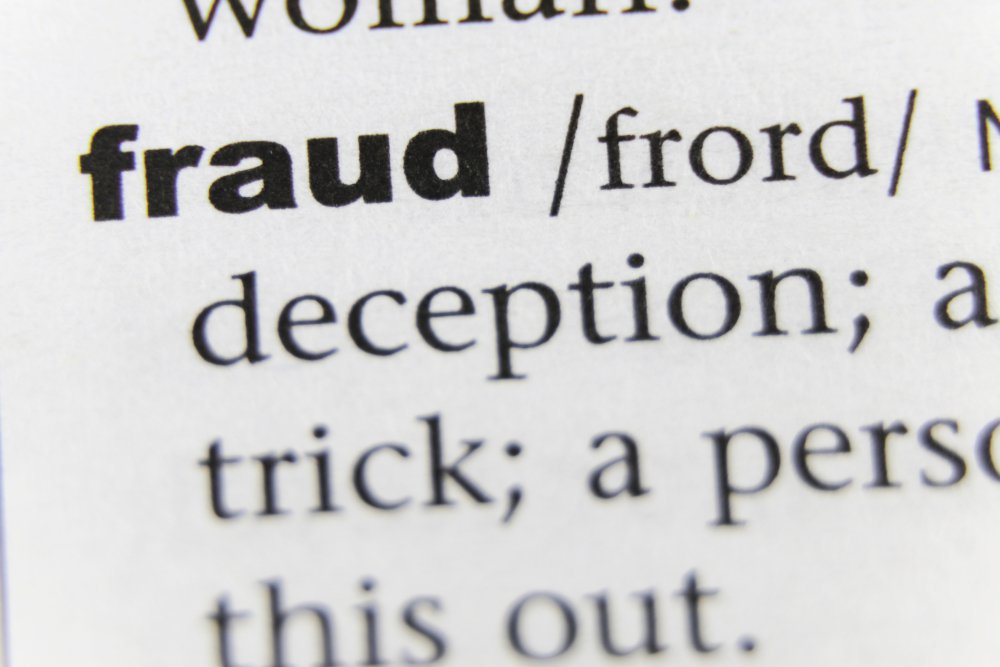Businesses face various risks and, for most of these risks, there is an insurance product available to safeguard the entity and/or its owners from the associated financial losses. Certain types of insurance are mandated by law; for instance, most employers with employees are required to safeguard them with workers compensation and unemployment insurance and, in some states, short-term disability insurance, while commercial auto policies are required for all vehicles owned by the business. Your business’ additional insurance needs are dictated by many factors, including company size, industry, assets, value, and the types of products or services you provide.
General Commercial Liability Insurance
General commercial liability (GCL) insurance is the foundation of the insurance program for most businesses. A GCL policy protects your business from third-party claims of bodily injury, property damage, and personal injury. For instance, if a customer slips and falls on your property or sues your company for libel, the policy will cover defense costs and any settlements or judgments up to the policy limit.
Commercial Property Insurance
Unlike liability insurance, which protects against third-party claims, commercial property insurance reimburses a business for losses to its own property, including real estate assets and contents, from covered perils listed in the policy. Typically, fire, burst pipes, theft, and storms are among the covered perils, while floods and earthquakes are usually excluded. Commercial property insurance is necessary for companies that own a building or other significant physical assets, such as valuable equipment or inventory. Many small business owners will get a business owner’s policy, which bundles commercial property and general liability insurance.
Business Interruption Insurance
Business interruption insurance, which is also called business income insurance, can be added to your commercial insurance or business owner’s policy. If your business is forced to close temporarily due to a peril that is covered under your property insurance policy, this add-on coverage can reimburse you for lost revenue and help you cover day-to-day expenses, such as mortgage payments and salaries, as well as the cost of relocation.
Errors and Omissions (E&O) Insurance
Errors and omissions (E&O) insurance, also called professional liability insurance or malpractice insurance, is recommended for professional services firms such as law firms, financial advisory firms, insurance brokerages, architecture/engineering firms, and others. Even the most competent professional firm may have to deal with a frivolous lawsuit (and the associated legal costs) from an unhappy client. An E&O policy safeguards both the business and its licensed professionals against claims alleging that their work errors and oversights, negligence, missed deadlines, underdelivered services, or inaccurate advice caused harm to a third party. These policies typically exclude claims relating to illegal activities, intentional wrongdoing, employee or customer injuries, business property damage, and employee discrimination or harassment.
Employment Practices Liability Insurance
Employment practices liability insurance (EPLI) protects companies from claims of sexual harassment, discrimination, retaliation, wrongful termination, and certain other inappropriate acts brought by current, former, and prospective employees as well as groups of employees. EPLI policies have become increasingly common in recent years as employee lawsuits have become endemic, and every employer should carefully consider contracting for EPLI coverage.
Directors and Officers (D&O) Insurance
Directors and officers (D&O) liability insurance is another form of necessary coverage for many companies and organizations. Entities of all sizes have officers and directors who may be sued over their management of company affairs. D&O insurance protects the personal assets of directors and officers in the event they are sued for actual or alleged wrongful acts, in addition to providing some protections for the entity itself. D&O insurance is typically purchased by the company for a group of directors and officers, rather than by the individuals. Companies often need D&O insurance in order to attract qualified talent or to secure venture capital or other funding.
Product Liability Insurance
If your business makes, distributes, or sells a product that causes bodily injury, death, or property damage to a third party, your company could face significant liability. Manufacturers, distributors, and retailers can and should mitigate these risks with product liability insurance, which covers claims related to product defects. This encompasses design and manufacturing defects as well as warning defects, which include improper labeling and failure to provide sufficient warnings about a product’s risks.
Cyber Insurance
As cyber attacks have become increasingly sophisticated and costly, more businesses are viewing cyber insurance as a must-have. Cyber policies can provide various protections to help a company recover losses from a cyber attack or data breach, including the costs of investigation, data restoration, system repairs, crisis communications, legal services, and ransomware payments. While businesses across all sectors are vulnerable to a cyber attack, certain industries are targeted disproportionally by cyber criminals, including healthcare, financial services, telecommunications, retail, and professional services.
When selecting insurance, it is critical that you work with a sophisticated insurance broker who understands your business, your industry, and your risks, and who can tailor the best products to fit your needs and budget.
If you are involved in a dispute with your business insurance company, contact us. We have the expertise, experience and tenacity to make insurance companies keep their promises to you and your business.

